May I suggest a soundtrack for this one? It’s Willie Nelson’s 1962 version of “Funny How Time Slips Away” (links: Spotify, YouTube.) Who knew he had such fantastic phrasing?
All photos are mine, except for the first.
I hadn’t taken much note of the end of summer until just this Monday morning when I turned the bend out at the Slough and looked up in the scrappy Alders that lined the bank, expecting to spot my favorite companions this glorious summer, a family of Eastern Kingbirds. But there was no sign of them. Maybe, I thought, they were just off in search of food somewhere else. Maybe the other Kingbirds, the ones who had nested in the stand of trees just before Dead Tree Mile, would be there. But no: they too were absent.
This is my fourth year with the Kingbirds. The first year—my first year of birdwatching, the year of Covid—I spotted a pair of Kingbirds and was immediately drawn to their behavior: roosting toward the top of the waterside trees, fluttering out over the water to catch insects, zealously guarding their territory. The next year, what started as a pair quickly became five, and they stuck together as the parents taught the three young how to fend for themselves.
Two pairs showed up this year, some time in June, and they staked out their territories about a half-mile apart along the Slough. I went away for three weeks and when I came back these four had become ten: both mating pairs had produced three young. The families commanded their respective tree tops, flitting about in their characteristic flycatcher way, their distinctive white and gray plumage making them easy to spot.
For weeks, they had been my most dependable companions, their presence more consistent than the Great Blue Herons, who had also introduced a new heron to the mix (the scrappy one in the photo below), and the Belted Kingfisher, who chatter-rattled up and down the Slough. These birds seemed to range more widely than the Kingbirds, those homebodies ... their territories must just be that much bigger.
But today, the Kingbirds were gone. For just a moment, I thought I might research their migration and breeding patterns, pinning down when and where and how this species moved across the landscape ... but then I thought: what would be the point of that? Their movements are just another marker of the passage of time, tuned to their unique frequency, but no more or less consequential than all the others:
... the (once) big tree at the bend that has been in slow-motion collapse into the marsh, helped along by the beavers who seem to show only intermittent interest.
... the raptors—Bald Eagles, Red-Tailed Hawks, Northern Harriers—who appear and disappear in time with surges in the fish and rodent population here and elsewhere, who knows where.
... the grasses that stretch out on all sides, so dry and brown by late summer that I wonder if they’ll ever green again, until one day I look up and it’s green as far as I can see.
... the seals who chase the spawning Salmon up the Slough, surfacing now and again to show off their bloody catch.
... the beavers slapping their tails on the surface of the water, warning their kin that one of the humans is out early.
Today another, less predictable marker: a smoke-reddened sun rising in the east, its heat muted by the blanket of the wildfire smoke that surged across gaps in the Cascades and into the Puget Sound, albeit briefly, thanks to a rare interruption in the usually persistent onshore flow of cool ocean air.
In my own yard, the tomatoes in our garden ripen before my eyes while the once-sprawling plants wither, having given their all to bring this delicious summer fruit to life. Sara and I gather tomatoes daily now, eating some and prepping others for roasting and freezing.
Beneath the Japanese Maple, the first Cyclamen start pushing up their delicate pink flowers. As I write, I hear the happy patter of the high school cross country team coming down the street—and I know my favorite runner isn’t among them this year; she’s headed off for college. Good luck Maria!
Ain’t it funny, I hear Willie Nelson crooning in my head, how time slips away?
I don’t need much encouragement to get out and dig beauty … but I was encouraged in this piece by these folks:
and by the work of , whose recent series “The Art of Noticing” on the Waking Up app inspired me to listen more closely.



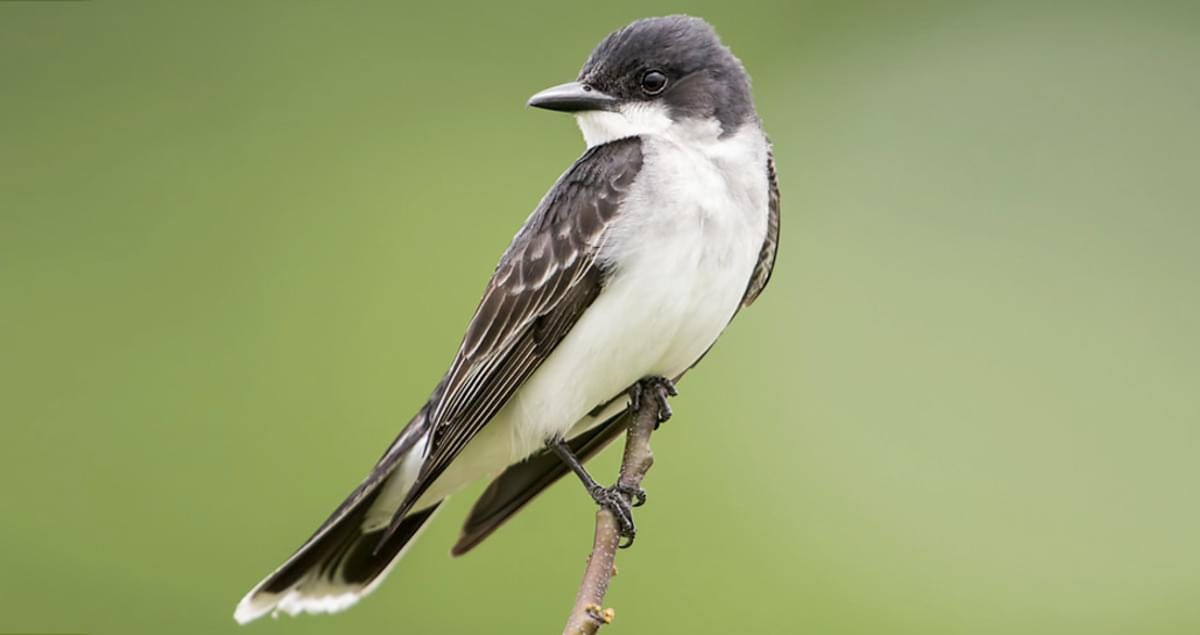


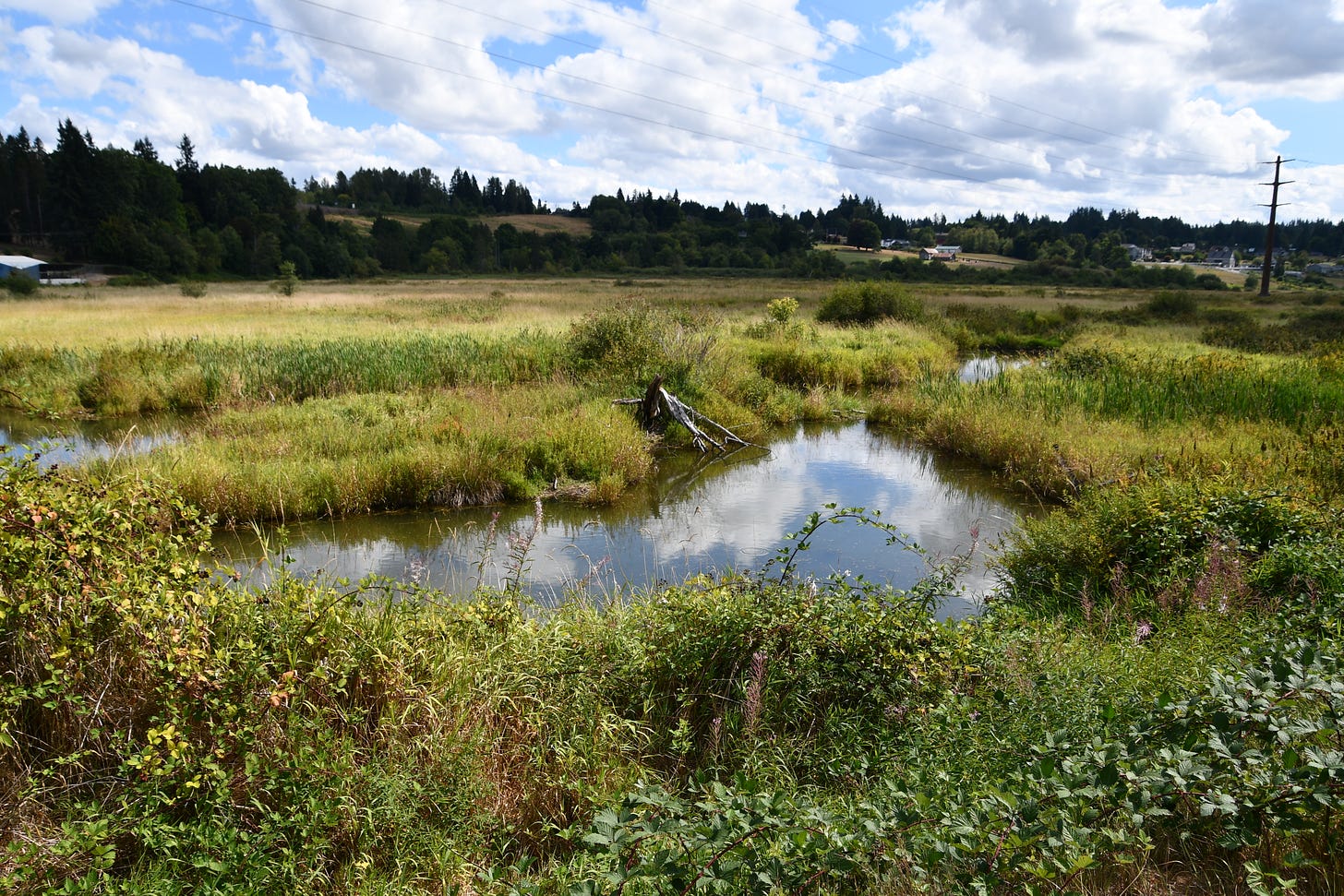
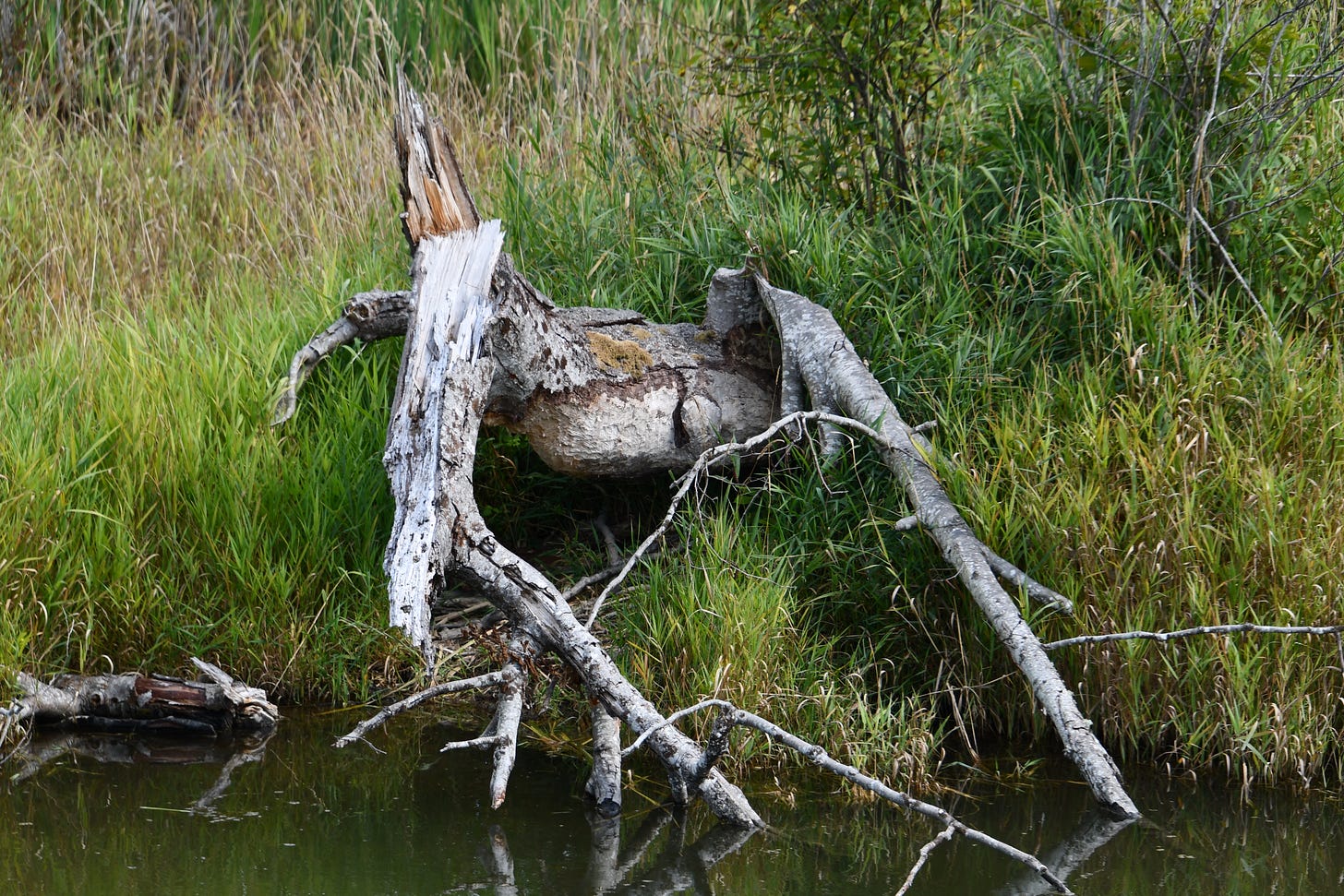

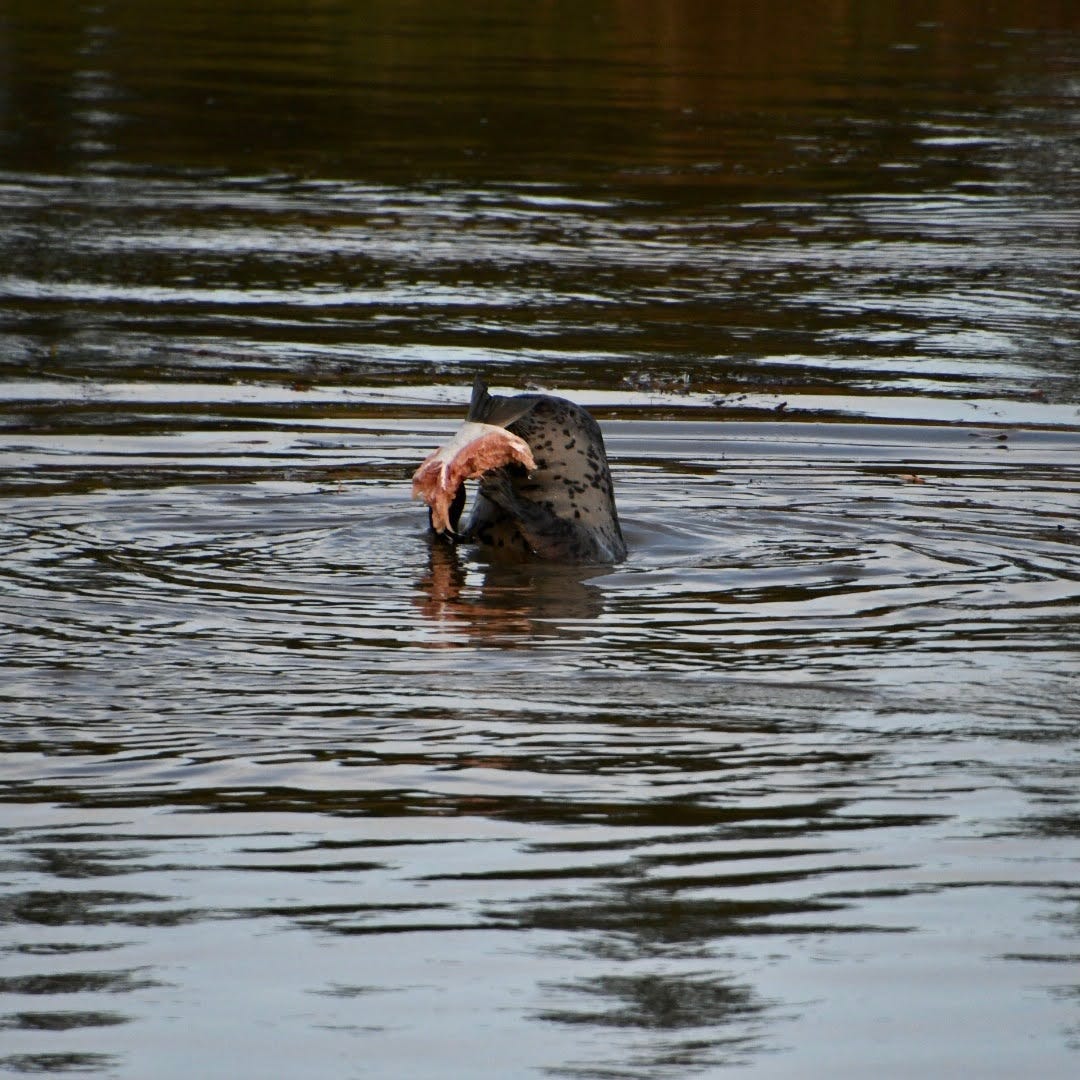

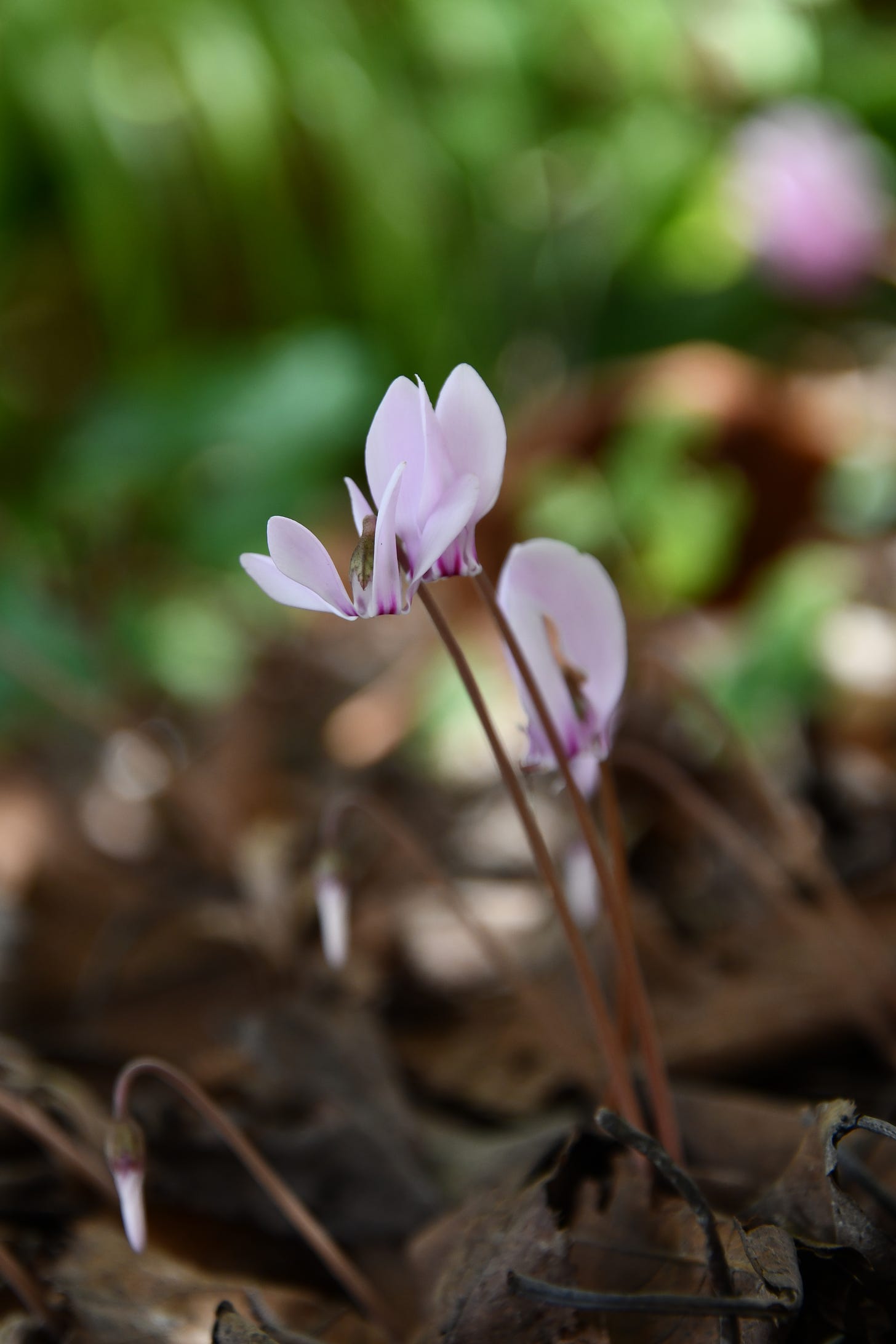




It’s a beautiful world, and you live in a particularly beautiful corner of it! :)
well written.